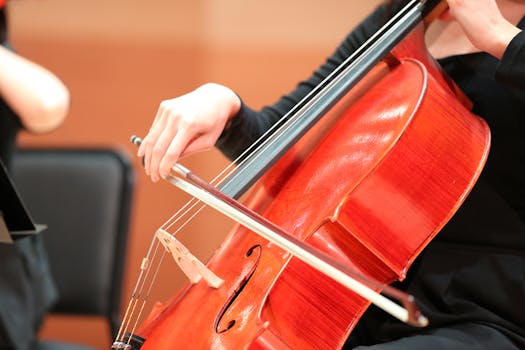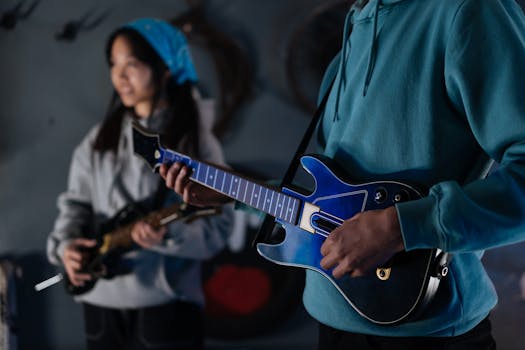Gaming Music: Its Influence on Player Behavior
Gaming music is an integral component of video game design, profoundly influencing player behavior and the overall gaming experience. This article explores how music impacts player emotions, decision-making, and engagement, providing a detailed comparison of various musical approaches used in games. By understanding these dynamics, developers and players can enhance their interaction with video games.
The Role of Music in Video Games
Music in video games serves several purposes beyond mere background sound. It sets the tone, builds the atmosphere, and can even influence player behavior and emotional responses. For example, a fast-paced soundtrack might increase player alertness and speed up reaction times, while a slower, somber melody could intensify feelings of sorrow or fear.
Adaptive Music: Enhancing Real-Time Engagement
Adaptive music, also known as dynamic or interactive music, changes in response to specific actions or events within the game. This approach aims to create a more immersive and personalized gaming experience. For instance, the intensity and tempo of the music might increase during a battle scene, heightening the player’s sense of urgency and stress.
Advantages:
- Increases immersion by aligning music with gameplay dynamics.
- Enhances emotional depth and connection to the game.
- More complex to implement and requires careful coordination between game design and sound design.
- Can be distracting if not well-aligned with player expectations and game pacing.
- Creates a strong sense of place and atmosphere.
- Less intrusive, allowing players to focus on strategy and decision-making.
- May become monotonous over long periods.
- Less dynamic, which could reduce the emotional impact in pivotal game moments.
- Strengthens narrative and character development.
- Enhances memory recall of the game’s elements and story.
- Can be overly repetitive if not used judiciously.
- Risk of overshadowing other important audio elements if the themes are too dominant.
Disadvantages:
Ambient Music: Setting the Scene
Ambient music provides a consistent sonic backdrop that helps to establish the game’s setting and mood without necessarily reacting to player actions. This style is often used in exploration, puzzle, and strategy games, where a calmer, more contemplative environment is beneficial.
Advantages:
Disadvantages:
Thematic Music: Building Narrative and Character
Thematic music uses recurring motifs or themes associated with specific characters, locations, or story elements. Well-known examples include the distinctive themes of characters from popular games like "The Legend of Zelda" or "Final Fantasy."
Advantages:
Disadvantages:
Practical Examples and Their Impact
In games like "Dark Souls," the ambient, often minimalistic music enhances the game's oppressive atmosphere, making players feel isolated and tense. Conversely, "DOOM" employs intense, rhythm-driven music that complements its fast-paced, aggressive gameplay, encouraging rapid, decisive actions.
Conclusion: The Power of Music in Gaming
Music is a powerful tool in video games, significantly affecting how players perceive and interact with the game world. Each approach, whether adaptive, ambient, or thematic, has its advantages and disadvantages, and the best choice depends on the specific goals of the game’s design.
Developers should consider how different musical styles can be used to enhance the gaming experience, while players might explore how the music of the games they play affects their own emotions and behaviors.
For anyone involved in game development or simply interested in the deeper elements of gaming, paying close attention to gaming music can provide valuable insights into the complex interplay between player behavior and game design. Explore more about how music influences gaming by checking out various games and noting your own responses to their soundtracks.
Engage with the gaming community or sound designers to see how music shapes experiences and preferences across different types of games.

.png)





